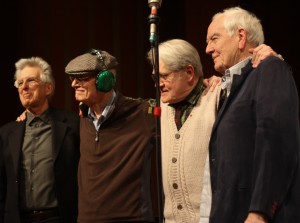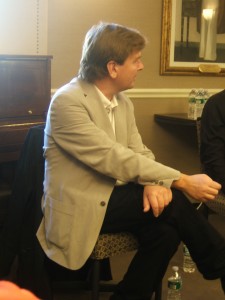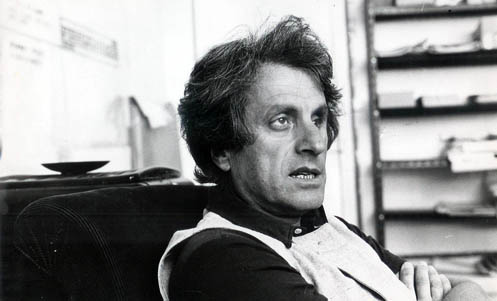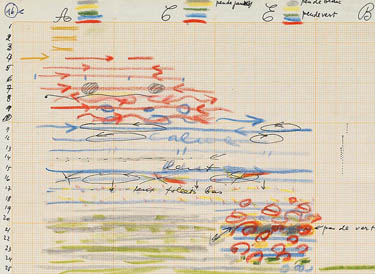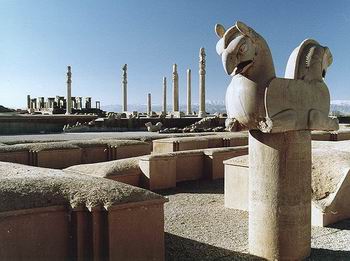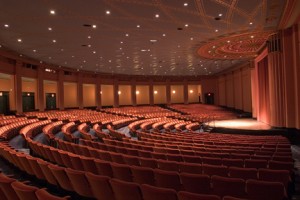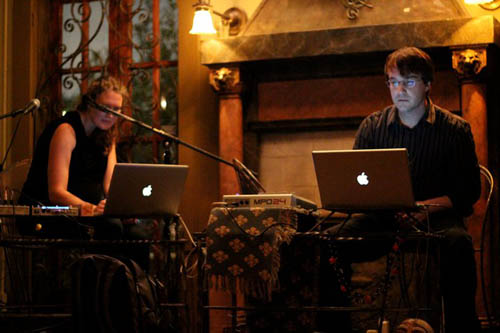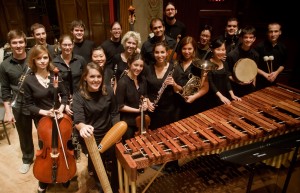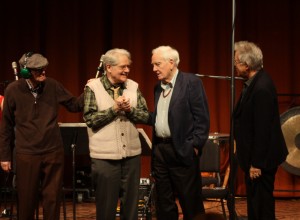
Although Ann Arbor’s ONCE. MORE. festival, celebrating the 50th anniversary of the ONCE Group composers, does not end until tonight, the events with the surviving founders of the groundbreaking concert series – Roger Reynolds, Robert Ashley, Gordon Mumma and Donald Scavarda – concluded Thursday evening. That night’s ONCE. NOW. concert featured more recent works by these four composers.
Robert Ashley’s Van Cao’s Meditation (1991), for piano, opened the evening. The piece was resonant, repetitive, and reminded me of Satie’s Ogives in spirit. Essentially, Van Cao’s Meditation milled about one confined group of a few notes which covered all registers of the piano and, at the end of each phrase, settled on an octave which was not part of this more prevalent pitch collection. The piece was over half and hour long, so the music’s motion through time was made interesting by altering the dynamics and lengths of phrases.
More importantly, the performance is meant to be intensely physical – as Ashley said before the piece, the player must have the music, “in their body” – and Pianist Ming-Hsiu Yen succeeded in delivering the work in a beautifully corporeal way. Most profound was the flowing of Ming-Hsu’s arms as she ascended and descended the arpeggiated figure at the heart of the piece. Perhaps because the work’s musical landscape is so static, Ashley placed a higher premium on the physical aspects of Thursday’s performance, even going so far as to request Ming-Hsiu wear a sleeveless top in the concert. These inferences notwithstanding, Ashley’s piece, despite its epic length, was a wild success on Thursday and many people I talked to after the concert said their reaction to Van Cao’s Meditation was profoundly visceral.
Gordon Mumma’s Than Particle (1985) was next on the program and featured one of the most well-received performances of this week’s concerts. University of Michigan Associate Professor of Percussion Joseph Gramley dazzled in this duet between a percussion soloist and electronic sounds. The synthesized part is from a long-obsolete Yamaha computer program, but Mumma insists on using this version of the electronics because, “some of the synthesized percussion sounds are absurd”. Mr. Gramley’s performance was commandingly athletic and lyrical, particularly when he abandoned his mallets for his fingertips. The percussion part at these moments was unbelievably delicate and juxtaposed humorously with the clumsy timbre of the electronics. Deservedly, Mr. Gramley earned the evening’s first curtain call.

